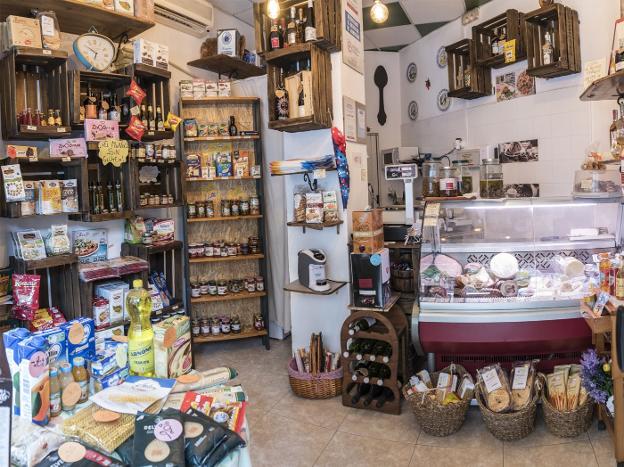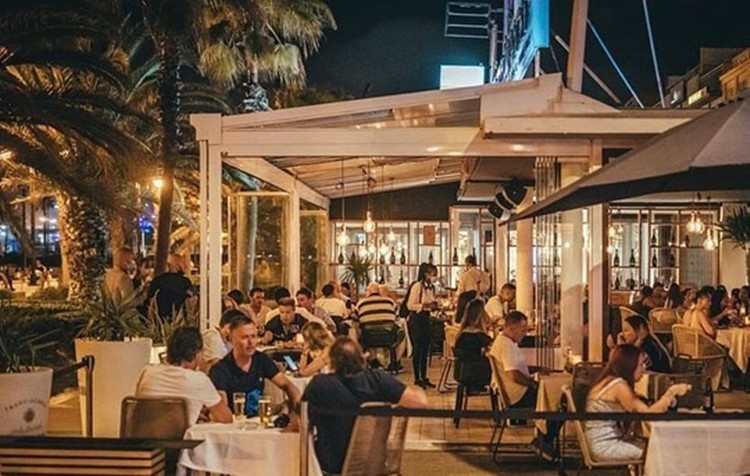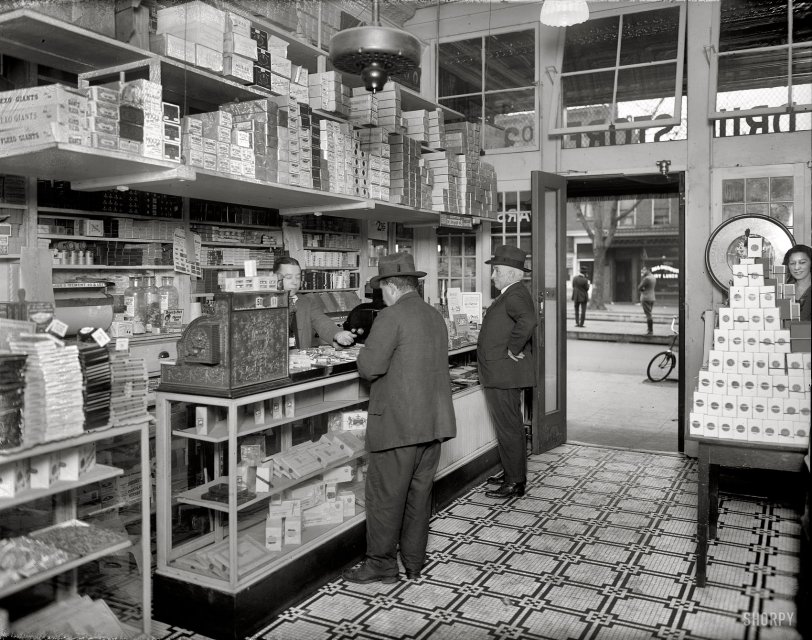(12-minutes read time)
By the end of World War II, Italians came to Valencia in ever greater numbers, looking to escape a desolated country and stultifying bureaucracy; Stefano Reposi charts the New Wave of arrivals from Como to Cagliari and Catania…
Despite working as an architect and having a whole career as site manager for an important construction company, Marco Currò wasn’t satisfied with his life in Italy. Along with Davide and Alessandro, two childhood friends he grew up with in a small town a few miles from Milan, he used to drive his car all the way down to Alicante to spend the holidays.

In the summer of 2000, they stopped in Gandia, a seaside town in the south of Comunitat Valenciana. While bearing in mind that the east coast of Spain was trending on the young generation of the time, they noticed significant gaps in catering and hospitality facilities.
“Cocktails weren’t even a thing. To us, Spain was a country of beautiful girls, sun and sea. As summer drew to a close, I knew I couldn’t go back to my country without taking a chance.”
A Valencian person they befriended in Gandia encouraged them to consider Valencia as a starting point to realise their dream. They planned to come back the next year, but the 9/11 terrorist attack forced them to delay their plans.
It wasn’t easy at first. Marco and Davide shared the same bedroom as they were working temp jobs in order to save more money. By this time, Alessandro was concluding his military service in Italy. Then Marco was employed as a waiter at Vivir Sin Dormir, one of the very few restaurants facing the beach in Valencia, where he worked for the next three years.
One night leaving work, as he was making his way home, he passed by a grungy bar that came up for lease a stone’s throw away from Vivir Sin Dormir. It was like a bolt of lightning. “Even if back then the neighbourhood was seedy and sketchy, I saw the huge potential behind its location right in front of the beach.” They got a loan from the bank in 2005 and spent the rest of the year restoring the venue, planning to open as Gabbeach Cocktail Bar at the beginning of 2006.
It was an instant hit.
In the same year, the City of Arts and Science construction was completed and Valencia was selected as headquarters for the America’s Cup sailing race, which in a short space of time became important tourist attractions. The city was home to the 2008 European Grand Prix and Ryanair and Vueling started operating new routes from the main cities of Italy. In a matter of years, while Valencia was busy becoming one of the most visited cities in Europe, Gabbeach turned into a cocktail bar flagship on the beach.
When the 2008 financial crisis erupted, while most of the businesses city-wide folded, they were able to manage their savings properly and make a living. Thereafter, Gabbeach carried on running as a place of reference on the beach, starting to reinvent the style of venue and organising new events. First they began replacing the traditional tapas menu with high quality food and they started to serve breakfast, lunch and dinner. Afterwards, they organised dinner events such as “Flamenco Night” or live DJ sets, drawing people from all over the city.
When it comes to his life in the past 15 years, Marco seems pretty sure about one thing: “We would have never been able to do in Italy what we have done here because of the undying bureaucracy that plagues our country. Back then there was almost no bureaucracy here. No inspection, less competition, and rents were a pittance. Now things have changed.”

Despite tight Covid-19 restrictions, Gabbeach stays open most days of the week, while its three owners plan to widen their business in Madrid in the not-too-distant future.
Marco and his two associates are just one of the many Italians who found in Valencia the perfect city where they can renegotiate the work-life balance. According to the Rapporto Italiani nel mondo published by Fondazione Migrantes, Spain is in first place for the increasing influx of Italians between 2006 and 2016: an increase of 155%.
The last Italian emigration wave has unusual characteristics: the choice of new destinations instead of more traditional locations such as Germany or Switzerland in Europe, and the United States or Argentina worldwide. It also occurred while the world was dealing with the Great Recession of 2008, the south-north emigration being the most conventional in Europe.
The last emigration wave to Valencia is a one of a kind migratory flow from south to south in Europe, between two countries with very alike socioeconomic conditions.
The question arises: What drove a remarkable number of Italians to move to Valencia precisely during the most significant economic recession since the beginning of the new Millennium?
For Andrea Guerra, owner of La Bottega, Valencia offers “The perfect compromise between a reality that fulfils my and my family’s needs”. Along with his wife and their son, Andrea left Latina on the lookout for a place to start a business without being oppressed by Italy’s massive tax burden and its endless paperwork. After Lugano, Malta, Copenhagen and Bournemouth, he moved to Valencia in 2015 and fell in love with the city at once.
“While being Spain’s third largest city, it is still a city on a human scale designed to support a sustainable way of life. It overlooks the sea, it has green areas all around and cycle paths connecting most of the neighbourhoods. There’s a state-of-the-art hospital service and a very efficient public transport system; since I moved here I barely use the car. A mild and sunny weather throughout the year. Another valuable aspect is the security: my wife can go jogging any time of the night without feeling threatened. Our son can go out at night without us being worried all the time.”
In Italy, Andrea owned a venue for about 12 years. As soon as he moved to Valencia, he felt the need for a change. A few months later, he opened La Bottega, one of the very few shops in the city providing original Italian products not merely to the nostalgic expat community, but also to locals. They worked two years at their first shop beside Plaza España, before launching the second one in Rojas Clemente Market in November 2019. With the start of the Covid-19 pandemic in March 2020, since the second shop was a thriving business, they decided to sell the first one.
With a shop selling essential supplies, they were able to stay open during the spring lockdown, and this, along with online sales, allowed their business to remain unchanged.
According to Andrea, one of the most important aspects of his life in Valencia is the chance to spend some quality time with his son.
“We are open from the morning till 2:30 pm; in this way I can pop by and pick up my son from school and spend the rest of the day with him and my wife.”
Talking about his life in Italy, Andrea is clear: “It takes at least six months to set up a business in my country. Here, it took me one month. Taxation is getting Italy down on its knees. I’m living a completely different, more relaxed lifestyle in Valencia”.
When I asked him to explain the last massive migration of Italians to Valencia, he said: “For the most part, I think it’s a lifestyle migration. Prioritise values instead of economic security. The desire to escape from a reality that does not fulfil our needs and the right to live a more sustainable way of life.”
STEFANO REPOSI
Freelance writer from Turin and, latterly, Valencia, now studying for a master’s with Italy’s best-selling newspaper Corriere della Sera

El soporte para vinilos es un accesorio esencial para almacenar y exhibir discos de vinilo de manera segura. Puede ser una estantería, un estante o una caja, diseñada para evitar daños como rayaduras. Además de su función práctica, el soporte para vinilos aporta un toque vintage a la decoración.
2025’in en iyi sıralamalı online casinolarını keşfedin. Bonusları, oyun seçeneklerini ve güvenilirliği karşılaştırarak güvenli ve kazançlı oyun deneyimi yaşayıncasino aktiviteleri